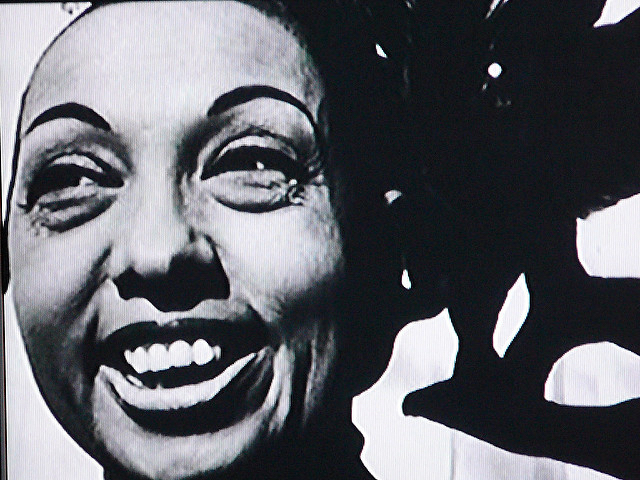I loathe seeing people in handcuffs. It is a common enough experience, yet not one that I witnessed until mature adulthood. There is a deep offense to the sight of people in handcuffs or leg-chains, worse than imprisonment. (More…)
Author: Joe LockardJoe Lockard is an associate professor of English at Arizona State University, where he directs the Antislavery Literature Project. His latest book is Prison Pedagogies: Learning and Teaching with Imprisoned Writers (Syracuse University Press, 2018), co-edited with Sherry Rankins-Robertson.
Prisons are holistic and extended social systems, a point that remains too little recognized in public discussions of prisons and imprisonment. That system includes prison staff and their families, people equally capable of social expression as prisoners and their own families. While prisoners often write of their experiences, prison wardens and guards are far more reticent. (More…)
The new publication of A History of American Working-Class Literature from Cambridge University Press provides a moment to ask some questions: Is it dead? And who reads it, especially when so few people in the contemporary United States want to understand themselves as working-class? (More…)
Josephine Baker was black America’s first international stage and film star. She was a woman who, tired and angry over Jim Crow racism in the United States, was early among African American artists and intellectuals in relocating to France. Baker’s career opposed and repudiated the narrow provincialism endemic to US racism. (More…)
Since its publication in 1979, Octavia Butler’s Kindred has become a work of extraordinary popularity. It is a common item on high school reading lists and university syllabi throughout the United States, as well as having appeared globally in dozens of translations. (More…)
It is well-known that there are currently 2.4 million people in US prisons and jails. What is less-known is that they write and are producing a new wave of American literature. (More…)
Daniel Silva’s series of thriller novels featuring Gabriel Allon, an Israeli spy, are a phenomenon among bestsellers. Millions of English-language copies from this have been sold in the sixteen years this series has been in print, and translations are available in dozens of languages. A new novel appears near-annually, and in a short time, hits the top of the New York Times bestseller lists. (More…)
When 17-year-old Palestinian Muhammed Taraireh stabbed to death 13-year-old Hallel Ariel, the Israeli-Palestinian conflict came to a child murdering a child. Outrage in Israel was widespread, even though kids have died by the hundreds – the majority Palestinian. (More…)
I was an IDF reservist stationed in the south of Israel. My base had received a new contingent of AH-64 Apache attack helicopters, and was testing them prior to deployment. Helicopters would ascend to 100 meters, hover for hours, and do instrument checks. A constant drone permeated our encampment. (More…)
Two weeks ago, I went to an awards dinner together with several students. We work on an education project in an Arizona prison. The hotel dining room was filled with hundreds of people, nearly all of whom were religious volunteers engaged in prison ministries. (More…)
Protestations against individual instances of violence ignore their origins. Tellingly, they often indulge hypocrisy: this is an outrage against the norm, or so the logic goes. But, as long as it remains unnoticed, the norm remains violence. Israeli government denunciations of ex-IDF officer Shalom Eisner are a perfect case in point. (More…)
Nathan Englander’s new collection of short stories normalizes bad politics. The author’s inability to engage with critical difficulties within American Jewish and Israeli culture leaves key stories littered with futile symbolism. It’s too simple to suggest that Englander lacks courage. (More…)











